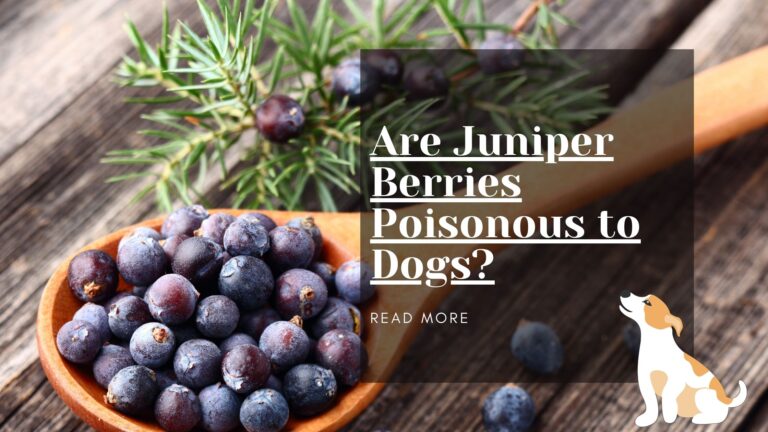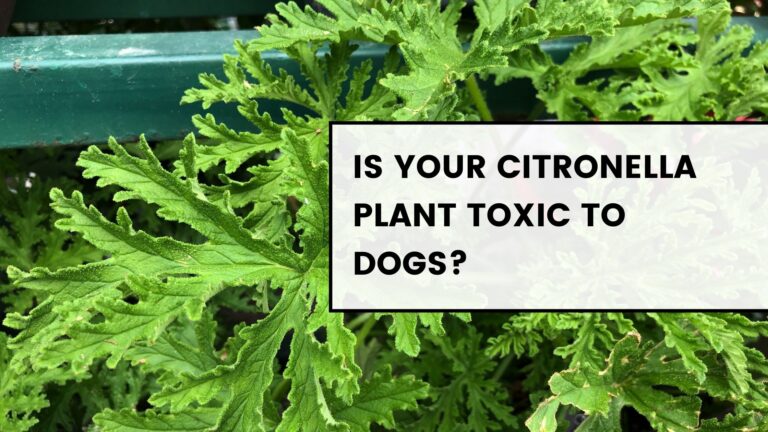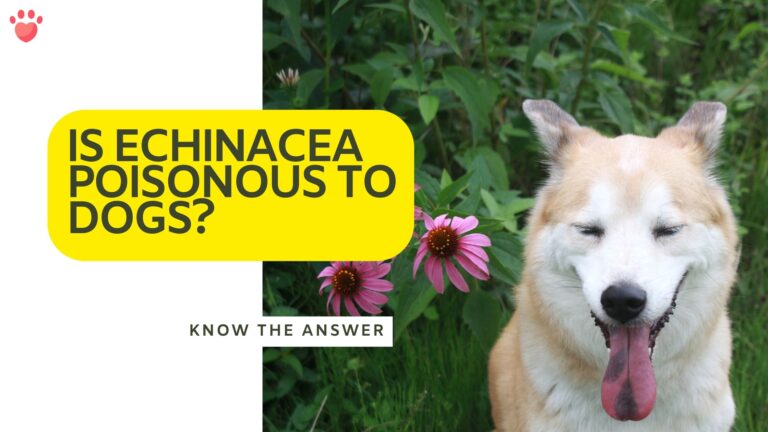Is Potentilla Indica Poisonous To Dogs? Here’s What You Need To Know
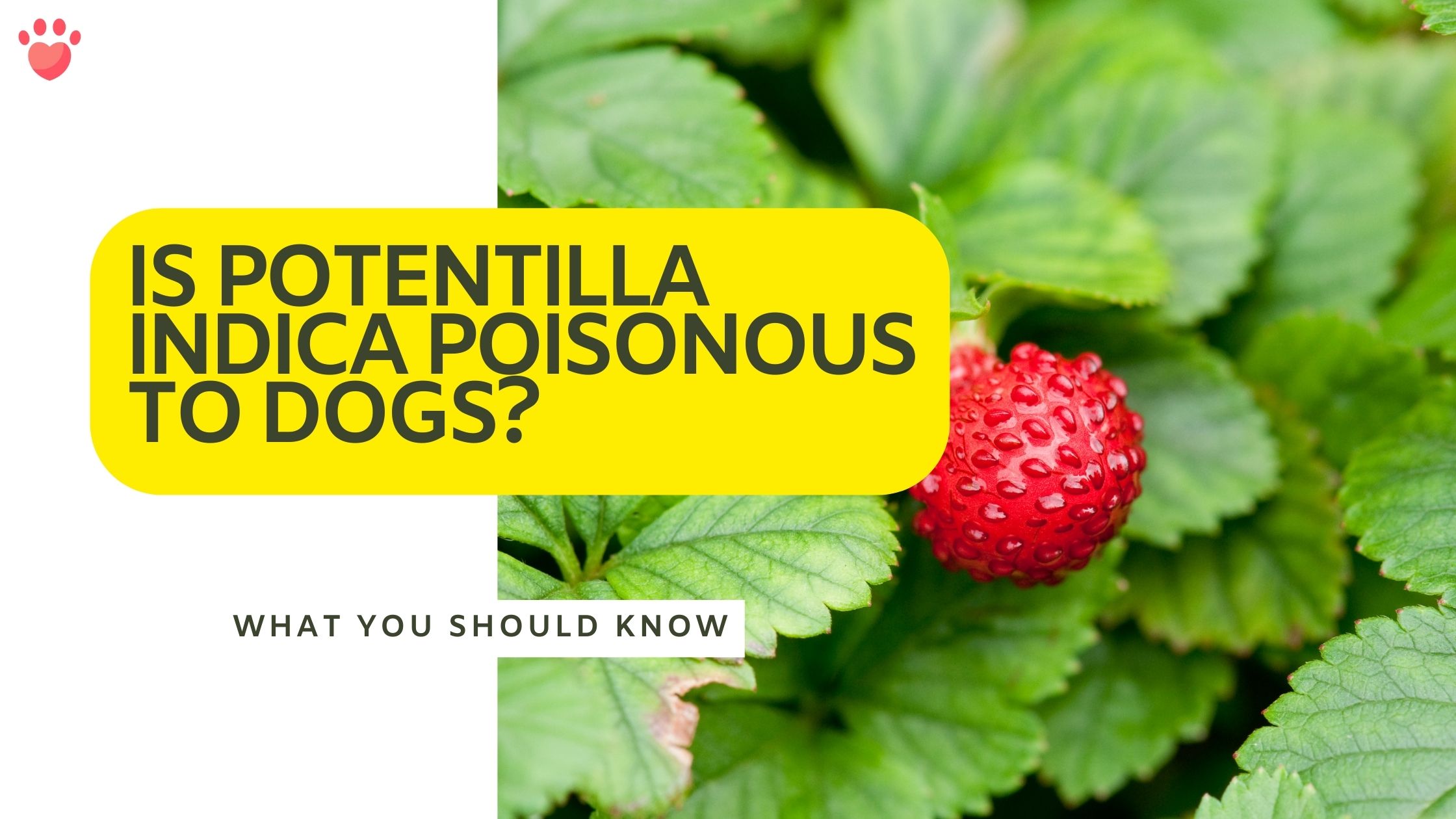
Are you worried about the safety of your beloved pooch if it eats Potentilla Indica? You’re not alone. As a pet owner, I know all too well how important it is to ensure our furry family members are safe. That’s why I have spent countless hours researching and studying this topic so that I can provide you with some insight into this question about Potentilla indica being poisonous to dogs.
In this article, we’ll look at the potential risks associated with ingesting Potentilla Indica for your pup and what types of symptoms could arise in case of accidental consumption. We will also explore ways to prevent accidental ingestion as well as natural treatments available should your dog happen to eat some of this plant material by mistake. If you’ve been wondering whether or not Potentilla indica is poisonous to dogs, read on for more information!
Potential Risks of Ingesting Potentilla Indica for Dogs
The first thing to note about Potentilla Indica is its resemblance to true strawberries. Its bright red fruits and green leaves can easily fool both humans and dogs into thinking it’s the real deal. However, unlike actual strawberries that are safe for consumption, Indian Strawberry contains substances that can be toxic to our furry friends.
When a dog ingests Potentilla Indica, they may display various symptoms depending on the amount consumed and their individual sensitivity. These symptoms can range from mild gastrointestinal upset such as vomiting or diarrhea, to more severe reactions like excessive drooling, difficulty breathing, or even collapse.
It’s important for pet owners to be vigilant when it comes to potential hazards in their environment. If you suspect your dog has eaten Indian Strawberry or any other potentially harmful plant, immediate action should be taken. Contact your veterinarian right away for guidance on how best to proceed.
Prevention is always better than cure when it comes to keeping our pets safe. Ensure that your garden or yard is free of Indian Strawberry plants by removing them if they are present. Additionally, make sure you provide your furry friend with plenty of chew toys and treats specifically designed for them this will help redirect their attention away from potentially toxic plants while also keeping them entertained.
Remember, our four-legged companions rely on us for their safety and well-being. By staying informed about potential dangers like Potentilla Indica and taking appropriate measures to protect our dogs, we can ensure they lead happy and healthy lives by our side without unnecessary risks lurking in the gardens we share together.
If you’re interested in learning more about dogs and and how to take the right care of them, we have a wealth of resources for you at cleverdogcare.com. One topic that might catch your attention is is echinacea poisonous to dogs which provides practical tips on keeping your dogs healthy and not exposed to any diseases. We also have a comprehensive dog guide that covers various topics, including ensuring you have a hassle-free guide.
Furthermore, we invite you to explore our study on the latest query which offers valuable insights on understanding the benefits and making an informed decision.
Symptoms of Potentilla Indica Poisoning in Dogs
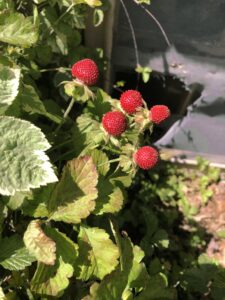
If you suspect that your furry friend has ingested Potentilla Indica, it’s important to monitor them closely for any abnormal symptoms. While some dogs may only experience mild discomfort, others could face more serious consequences. Keep an eye out for gastrointestinal problems like vomiting or diarrhea, as these are common signs of poisoning from this particular plant.
Excessive drooling is another telltale symptom to watch out for. If you notice your dog suddenly salivating excessively, it could be a result of Potentilla Indica ingestion. Lethargy and a lack of appetite are additional red flags that shouldn’t be ignored. These symptoms can indicate that something isn’t right internally and should prompt immediate action.
Perhaps the most alarming potential symptom is difficulty breathing. If your dog starts struggling to breathe after consuming Potentilla Indica, take no chances – seek veterinary assistance immediately! Difficulty breathing can quickly escalate into a life-threatening situation, so time is of the essence here.
Remember, prevention is always better than cure when it comes to our beloved pets’ well-being. Keep potentially toxic plants like Potentilla Indica out of reach and create a safe environment for your pooch to roam around in without worry. Regularly educate yourself on potential hazards so you can safeguard your furry companion against any unnecessary risks they might encounter during their exploratory adventures!
Preventing Accidental Ingestion of Potentilla Indica

When it comes to Potentilla Indica, also known as Indian Strawberry or Mock Strawberry, it’s crucial to understand the potential dangers it poses to our furry friends. This plant may seem harmless with its vibrant green leaves and small red berries, but looks can be deceiving.
Potentilla Indica contains substances that are toxic to dogs if ingested in large quantities. These toxins can cause gastrointestinal upset, including nausea, vomiting, and diarrhea. In more severe cases, your beloved companion may experience difficulty breathing or even seizures. Therefore, taking preventive measures is essential.
To protect your dog from Potentilla Indica poisoning, start by removing any of these plants from areas where they typically roam freely. Whether it’s a backyard garden or a neighborhood park you frequent together on walks, make sure this hazardous plant is out of sight and reach.
- Create barriers around areas where Potentilla Indica grows naturally by using fences or plant borders
- Consider replacing these toxic plants with pet-friendly alternatives that will still add beauty to your outdoor space
In addition to physically preventing access to Potentilla Indica,
educating yourself about other potentially harmful plants is equally important.
Research common poisonous species like lilies,
azaleas,
and sago palms so you can identify them easily and keep them out of paw’s reach.
Remember: prevention is key when it comes to keeping our four-legged companions safe from harmful plants!
Natural Treatments for Potentilla Indica Poisoning
If your beloved pet happens to consume Potentilla indica, don’t panic! There are several natural remedies that can help ease any discomfort or toxicity caused by this plant. First and foremost, ensure that your furry friend has access to plenty of fresh water. Hydration is key in flushing out toxins from their system and promoting overall well-being.
Monitoring their condition closely is also essential during this period. Keep an eye out for symptoms such as vomiting, diarrhea, or excessive drooling. If these signs persist or worsen, it’s always a good idea to seek professional advice.
In addition to basic care measures, consulting with a veterinarian who specializes in herbal medicine can provide valuable guidance. They may recommend specific herbs or supplements that could aid in alleviating the effects of Potentilla indica ingestion.
Remember, prevention is better than cure when it comes to your furry companion’s health. Therefore, it’s important to take precautions and keep potentially harmful plants out of reach from curious paws!
Can Dogs Develop Allergies to Potentilla Indica?
It’s a bummer when our four-legged pals become allergic to something unexpected, isn’t it? Well, believe it or not, some dogs out there may develop allergies to Potentilla Indica. Now, this plant might sound fancy and all, but its effects on our furry friends can be anything but glamorous.
If you notice your pooch scratching like crazy or dealing with skin irritation after coming into contact with Potentilla Indica, don’t brush it off as a mere itch! It’s crucial to take your doggo to the vet for proper care and attention. Allergies are no joke, my friend!
Here are a few things you need to keep in mind:
- Symptoms: Look out for signs of itching (like constant scratching), redness on the skin (poor pupper!), sneezing (imagine if dogs could use tissues), or even watery eyes. If any of these occur post-Potentilla Indica interaction, seek professional help ASAP.
- Avoidance is key: Just like we’d avoid stepping on a Lego barefoot (ouch!), preventing further discomfort for your furry friend means keeping them away from whatever triggers their allergies. This includes steering clear of that pesky Potentilla Indica!
So my dear pet parent pal, remember: if Fido starts feeling funky after frolicking near Potentilla Indica plants in the park or garden don’t hesitate! Get that fluffball checked by the pros and make sure their allergies don’t ruin their precious playtime.
Other Potentially Harmful Plants for Dogs
It’s important to know the most common symptoms of plant poisoning in dogs. These can include vomiting, diarrhea, drooling, abdominal pain and difficulty breathing. If you think your pet has been affected by a toxic plant, you should take them to see a veterinarian immediately for medical treatment.
More than that though, its essential to do what you can to prevent such an incident from occurring in the first place. The best way is to identify any potentially hazardous plants around your home or yard and remove them if possible. Additionally, make sure there are no wild plants growing where they shouldn’t be; this could save both time and money as well as keep your pet safe from harm!
The Importance of Veterinary Guidance
If you notice that your furry friend has been munching on some Potentilla Indica or any other potentially harmful plant, don’t panic, but also don’t delay in seeking professional help. A veterinarian is the best person to turn to for an accurate diagnosis and tailored treatment options for your dog’s specific situation.
Why should you consult a vet rather than relying solely on online research? Well, let me tell you. The internet can be a vast ocean of information, but it can also be a sea of misinformation. When it comes to the health of our beloved pets, we need reliable advice from someone who has studied medicine specifically for animals.
A veterinarian will have years of education and practical experience under their belt. They know how different substances can interact with a dog’s body and what symptoms to look out for. Plus, they have access to up-to-date resources and diagnostic tools that can aid them in accurately identifying potential dangers.
By consulting with a vet promptly, you’re ensuring that your four-legged companion receives the best care possible. Remember, when it comes to your pet’s well-being, expert guidance is always preferable over relying solely on Dr. Google! So pick up that phone or make an appointment online your pup will thank you!
FAQ
1. Is Potentilla Indica toxic to dogs?
– Yes, Potentilla Indica, also known as Indian Strawberry or Mock Strawberry, can be toxic to dogs if ingested in large quantities.
2. What are the symptoms of Potentilla Indica poisoning in dogs?
– Symptoms of Potentilla Indica poisoning in dogs may include vomiting, diarrhea, excessive drooling, loss of appetite, and potential neurological effects like tremors or seizures.
3. How much Potentilla Indica is dangerous for a dog?
– The toxicity level of Potentilla Indica can vary depending on the size and overall health of the dog. It’s best to consult with a veterinarian if you suspect your dog has ingested this plant.
4. What should I do if my dog eats Potentilla Indica?
– If your dog consumes any part of the Potentilla Indica plant, it’s advisable to contact your veterinarian immediately for guidance. They will be able to provide appropriate advice based on your specific situation.
5. Can I have Potentilla Indica in my garden if I have a dog?
– It is generally recommended not to keep plants like Potentilla indica in areas accessible to dogs since they could potentially ingest them accidentally and experience adverse effects.

